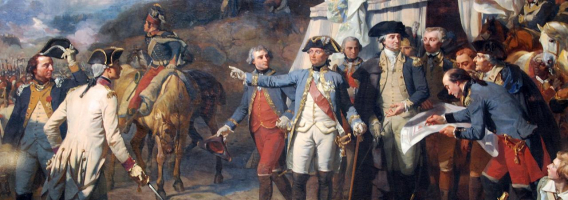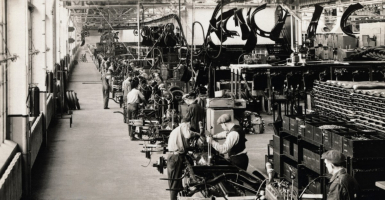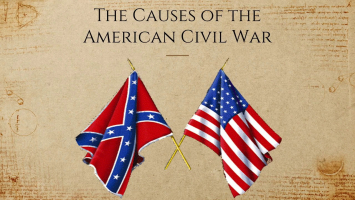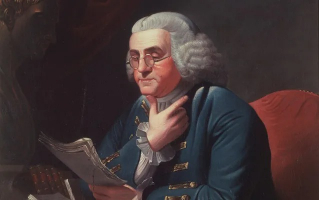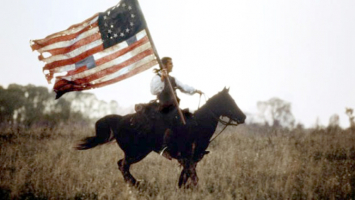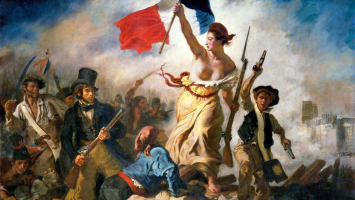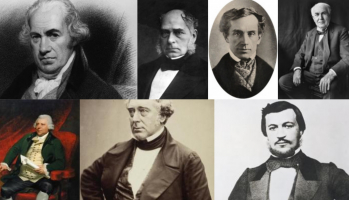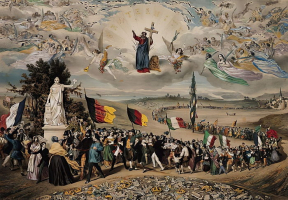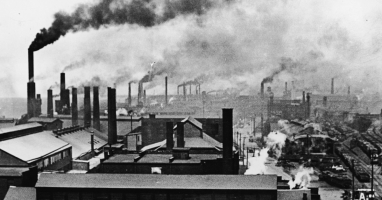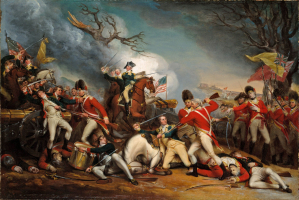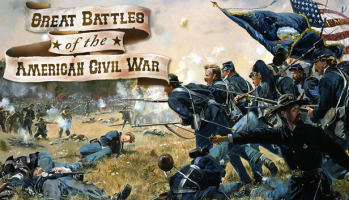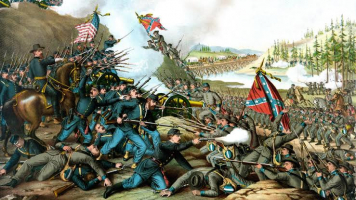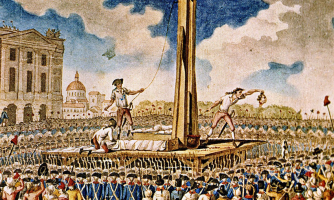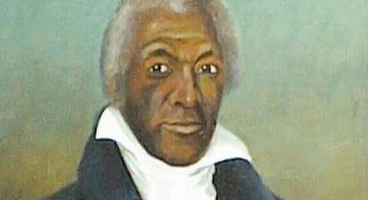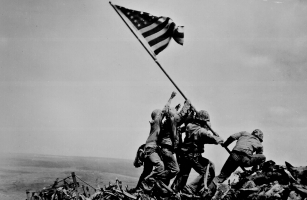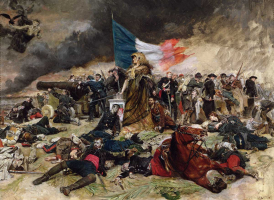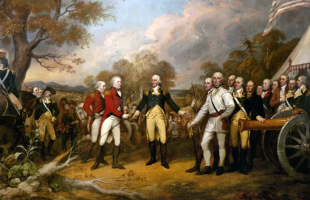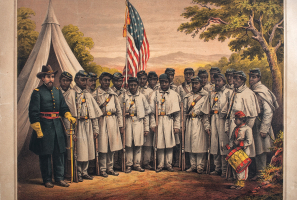Top 10 Major Causes of the American Revolution
The American War of Independence (1775-1783) served as a sharp reminder to the British Empire that the dominions it ruled were always vulnerable to revolt if ... read more...mistreated. Ideological disagreements may have supplied the basis and incentive for change, as they have in the past, but it is typically the circumstances leading up to the internal struggle that exacerbates tensions and ultimately causes conflict. The American Revolutionary War was no exception. Here are ten major causes of the American Revolution.
-
During the "long 18th century" (1685-1815), European politics, philosophy, science, and communication were dramatically reoriented as part of a movement known as the Age of Reason, or simply the Age of Enlightenment, by its participants. Enlightenment thinkers including Thomas Hobbes, John Locke, Jean-Jacques Rousseau, and Baron de Montesquieu coined revolutionary notions like the social contract, limited government, and regulated consent. Other radical ideas that emerged during the Enlightenment period include the belief that all men are created equal, that the monarch does not have a divine right to rule, and that a leader can only manage a community with the permission of the people he governs.
During the 18th century, the Age of Enlightenment was a philosophical and intellectual movement that dominated the world of ideas. Numerous publications, articles, inventions, scientific discoveries, legislation, conflicts, and revolutions were generated during the Age of Enlightenment. The American and French Revolutions were both directly inspired by Enlightenment principles, and they represented the zenith of the movement's dominance and the start of its downfall, respectively. In the nineteenth century, Romanticism gradually replaced the Age of Enlightenment.
Many of the people who went on to lead the American Revolution were well-versed in these revolutionary ideas, and they battled for their rights based on them. Furthermore, revolutionary writers in the United States inspired people to fight for their rights. The most famous of these was Thomas Paine, who published Common Sense (1776), the Revolution's most important treatise. It was written in a straightforward and compelling tone to persuade the colonies to desire British freedom. Nearly every rebel read or at least knew Common Sense, which is proportionally the best-selling American title of all time.
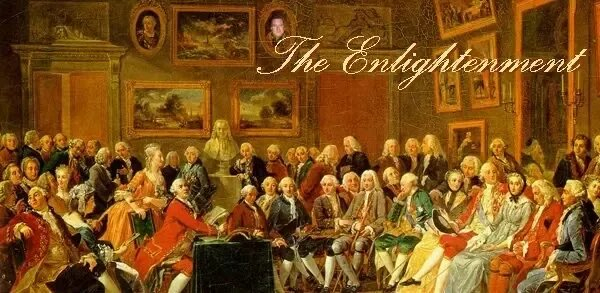
learnodo-newtonic.com RamageTeach-youtube.com -
The Seven Years' War was a struggle between a British-led alliance and a French-led coalition that lasted from 1756 to 1763. Around the same period in America, the French and Indian War erupted, pitting British territories in America against New France, a region occupied by France.
There was little reason, if any, to think that the American colonies would one day stage a revolution to establish an independent nation-state before the conclusion of the Seven Years' War. The British military safeguarded the colonies from foreign invasion as part of the empire. In exchange, the colonists paid very minimal taxes and were free to participate in domestic economic activities without the British government interfering too much. For the most part, the colonists were merely expected to follow international trade restrictions. The Navigation Acts, which were approved by Parliament in the seventeenth century, mandated that all trade within the empire be done on ships built, owned, and staffed primarily by British nationals.
The French and Indian War, as well as the greater Seven Years' War, were both won by Britain. This, however, came at a significant cost and lead to Financial Pressure on Great Britain. The UK's national debt nearly doubled, rising from £74.6 million to £132.6 million. Interest payments on the debt accounted for more than half of the budget of the British government. In addition, Britain chose to station a 10,000-man standing army in America to supervise its recently acquired territory from France. Britain attempted to recover the cost of the standing army as well as reduce its financial load by imposing additional taxes upon the Thirteen Colonies in America, which sowed the roots of the major causes of the American Revolution between the two countries.
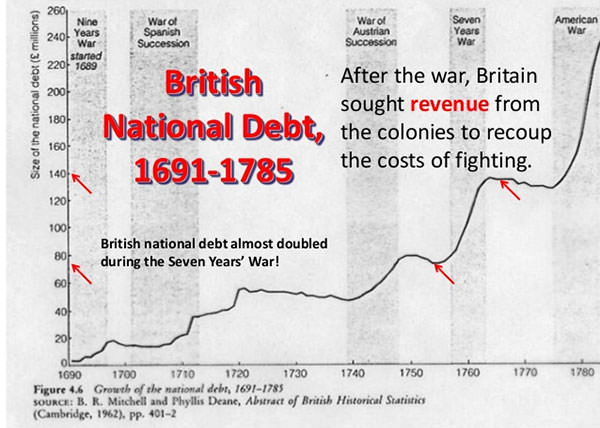
learnodo-newtonic.com 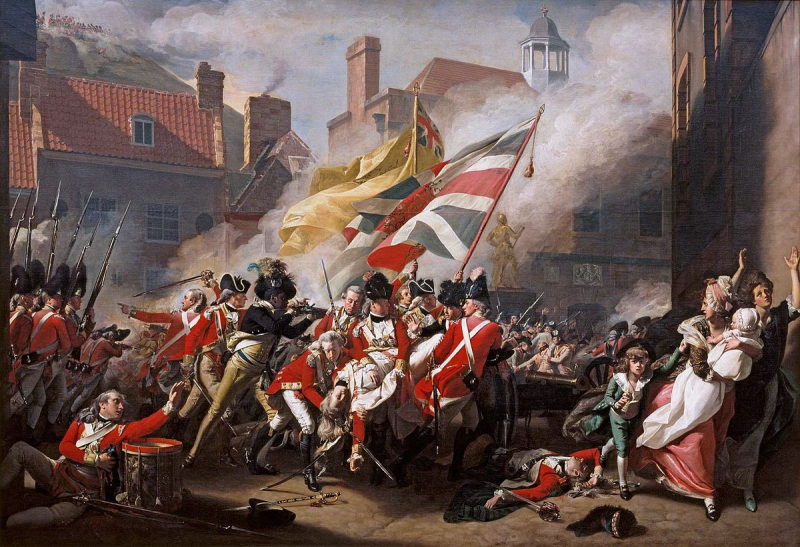
www.history.com -
"No taxation without representation" is a political phrase that dates back to the American Revolution and expresses one of the colonists' main grievances against the British. In short, many colonists contended that any taxes imposed on them (such as the Stamp Act and the Townshend Acts) were illegal and infringed upon their rights as English citizens since they were not represented in the far-off British Parliament.
The Stamp Act of 1765 was passed in March 1765 by the British Parliament to force Americans to share their financial burden. Britain placed direct taxes on the colonies for the first time. Many printed publications, like legal documents, periodicals, newspapers, and even playing cards, were required to be printed on London-stamped paper with an embossed revenue stamp under the Act. The colonists objected to the taxes not because they were excessive, but because they were imposed by a British Parliament over which they had no representation. One of the primary areas of contention between the colonists and the Britishers was the issue of "no taxation without representation."
The colonists claimed that any legislation made by the British Parliament that affected them was invalid under the English Bill of Rights 1689 since they were not represented in the body. As a result, they claimed that this was a rejection of their rights as Englishmen, privileges that they had previously enjoyed in England. The Stamp Act was abolished by King George III on March 18, 1766, after a resolution was carried out by a vote of 276–168 in the British Parliament in response to widespread opposition by colonists.
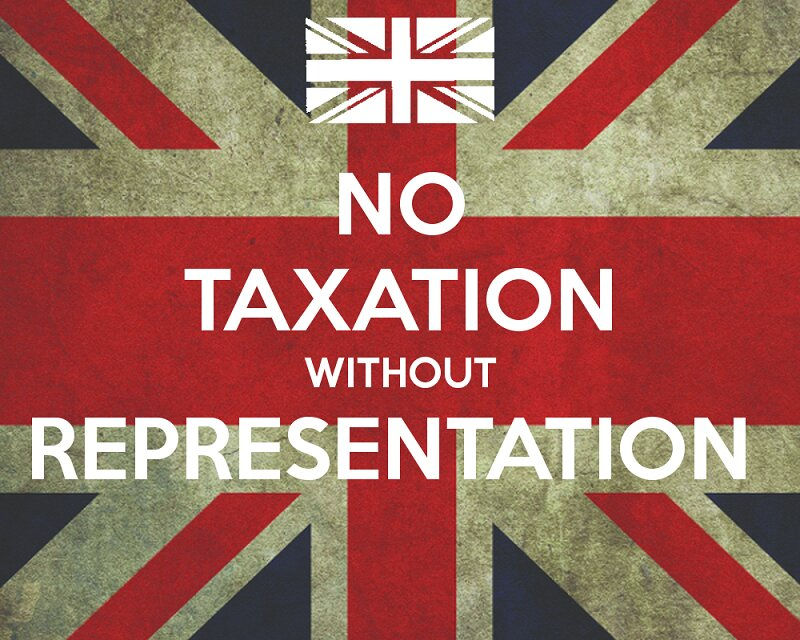
themaverickobserver.com Historycentral-youtube.com -
A set of British laws known as the Townshend Acts were passed in 1767 and levied taxes on goods brought into the American colonies. However, American colonists who were not represented in Parliament viewed the Acts as an abuse of power. The British sent troops to America to implement the unpopular new laws in the lead-up to the American Revolutionary War, escalating tensions between Great Britain and the American colonies.
The American Colonies Act 1766, often known as the Declaratory Act, took effect the same day that the Stamp Act was repealed. It said that the British Parliament had the same jurisdiction in America as it had in the United Kingdom and that the laws made by the British Parliament were obligatory in the American colonies. The British government's Chancellor of the Exchequer, Charles Townshend, advocated that "external" import tariffs be implemented in America instead of internal taxes. The Townshend Acts were enacted as a result. Glass, lead, paints, paper, and tea, all of which had to be imported from the United Kingdom, were subjected to an indirect tax. The Townshend Acts were also controversial, and colonies retaliated by boycotting all British products that were taxed.
The Townshend Acts were similarly unpopular, and colonists responded by boycotting any British products that were taxed and staging large-scale protests. In March 1770, the British Parliament removed most of the Townshend Acts' levies, but the import fee on tea was kept. This was done to show that, in line with the Declaratory Act, Parliament had the jurisdiction to tax the colonies. As a result, the struggle for taxing power continued to deteriorate the relationship between Britain and its American colonies, it's one of the major causes of the American Revolution occur.
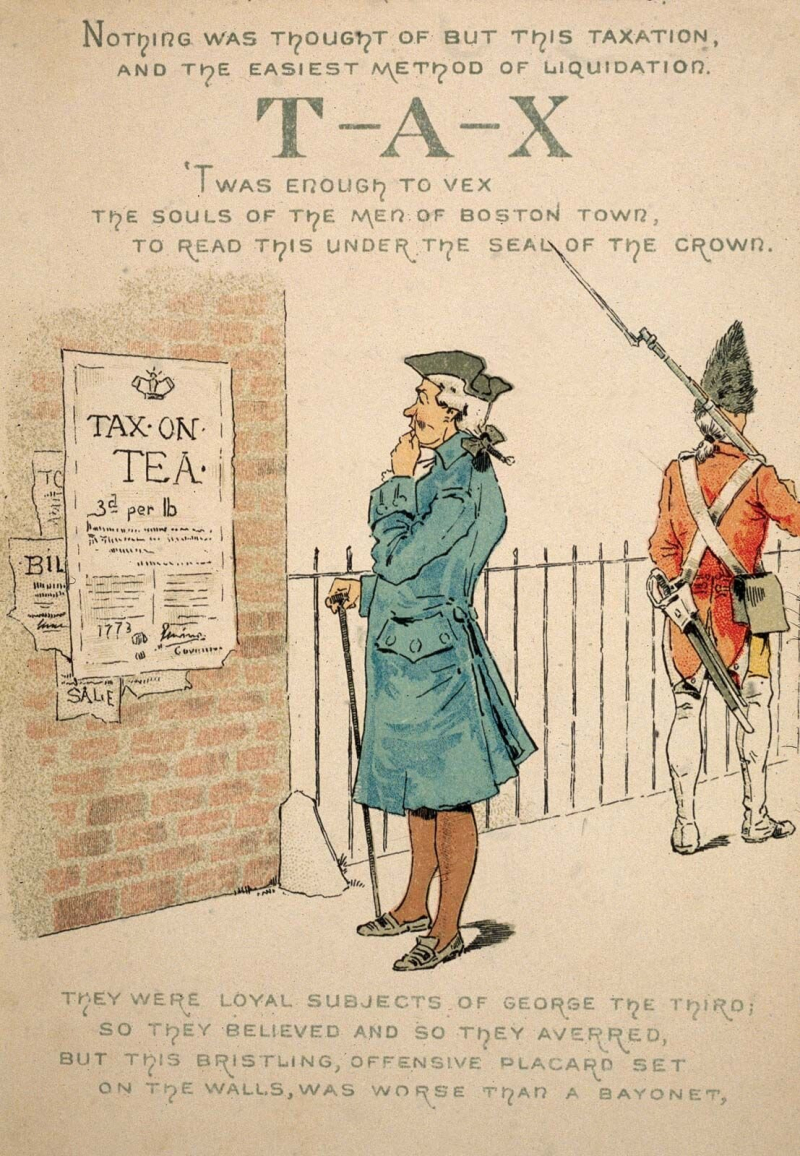
learnodo-newtonic.com Reading Through History-youtube.com -
On March 5, 1770, a bloody riot known as the Boston Massacre took occurred on King Street in Boston. It started as a street skirmish between American colonists and a lone British soldier but swiftly turned into a bloodbath. The anti-British feeling was stoked by the fight, which opened the path for the American Revolution.
On June 10, 1768, British customs authorities in Boston, Massachusetts, confiscated the sailing ship HMS Liberty for alleged smuggling. There was a disturbance as a result of this, and the customs officials were forced to escape. As a result, the British army's 14th and 29th regiments were stationed in Boston to support crown-appointed authorities. The presence of these troops heightened tensions in Boston, which were already high. A British Private Hugh White was encircled by Bostonians on March 5, 1770, following an incident with a wig apprentice. maker's Seven British troops using bayonets made their way through the mob to save White.
A swarm of roughly 200 Bostonians encircled them, throwing snowballs, oyster shells, and garbage at them and daring them to shoot. Amid the chaos, British soldiers opened fire on the crowd despite not being instructed to do so. Eleven individuals were hit, three of whom died on the scene and two of whom were critically wounded. This incident inspired the moniker "Boston Massacre." Six of the eight soldiers were found not guilty, while the remaining two received reduced terms. The Boston Massacre is considered one of the major causes of the American Revolution War because it significantly turned colonial sentiment against King George III and British Parliamentary power.
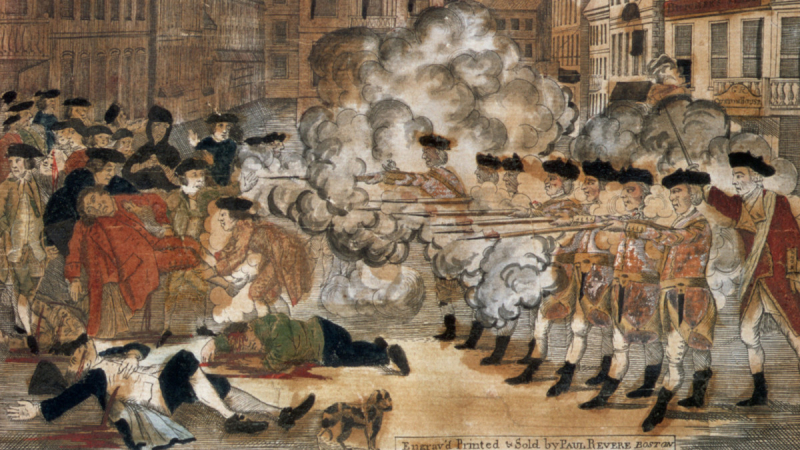
learnodo-newtonic.com American Battlefield Trust-youtube.com -
The Tea Act was enacted by the British Parliament on May 10, 1773, to assist the financially suffering British East India Company. The Act authorized the Company to sell tea in American colonies without paying any taxes other than the Townshend Acts import charge. Smuggled Dutch tea made up more than 80% of the tea consumed in America at the time, and the Act harmed American merchants who imported tea from the Netherlands. The colonists staged protests against the Act and rallied resistance to the tea's distribution. Tea was shipped by the East India Company to Boston, New York, Philadelphia, and Charleston.
The Boston Tea Party is typically attributed to the colonists' dissatisfaction with an unjust tea tax. That is just partially correct. The Tea Party was a protest against a levy enacted during the French and Indian War to help collect finances. But the levy was also a political power play on Parliament's part, intended to reclaim authority over the colonies, as well as an economic choice to bail out the bankrupt East India Company, a vital link in the English trade chain.
Protesters in the other three colonies, except Boston, stopped the tea from landing. The Royal Governor of Boston, Thomas Hutchinson, however, refused to give in to the pressure. On December 16, 1773, a group of men headed by Samuel Adams boarded East India Company ships, some dressed as Native Americans, and threw all 342 chests of tea valued at £10,000 into Boston Harbor. The Boston Tea Party was an important occurrence leading up to the American Revolutionary War. As a result, it became a defining moment in American history.
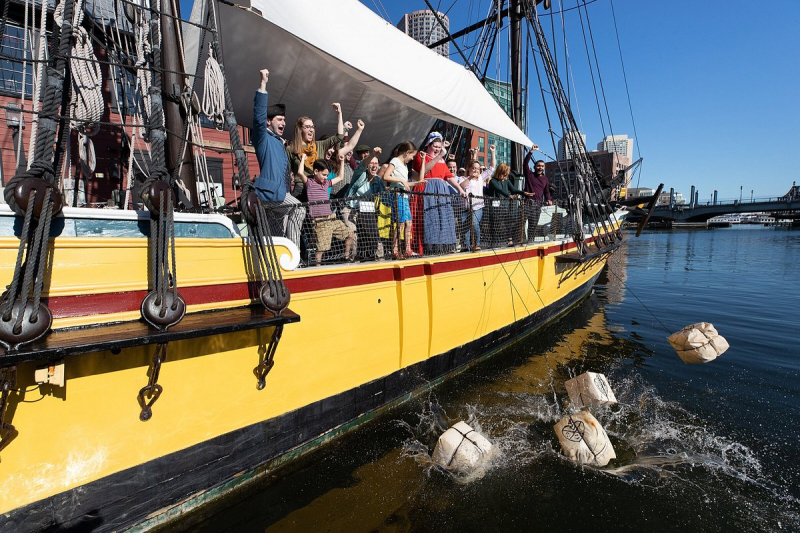
www.history.com TED-Ed-youtube.com -
The British government responded to the Boston Tea Party by using a divide-and-conquer policy to separate troublesome Boston from the other colonies, which Parliament felt were simply following Boston's radicals. The Coercive Acts, which were intended specifically at Boston and envisioned as punishment for its strong opposition to British policy, were approved by Parliament in the spring of 1774. Boston, the core of anti-British sentiment, was to be cut off from the other colonies as a result of the Intolerable Acts. The colonists replied to the Intolerable Acts by holding the First Continental Congress to deliberate and establish a united front against the British. The Coercive Acts, often known as the Intolerable Acts in the colonies, were made up of four independent legislative actions.
The first was the Boston Port Act, which shut down the port until the colonists compensated for the tea that had been destroyed. The second was the Massachusetts Government Act, which changed the state's charter, putting it under British rule and prohibiting town assemblies without prior consent. The third was the Administration of Justice Act, which permitted royal officers accused of crimes committed in Massachusetts to be prosecuted in Great Britain.
The Quartering Act, which applied to all colonies, was the last and most contentious Act. It authorized a governor to put troops in vacant homes and structures in cities. Even though colonists were not required to board troops in their homes, they were required to pay for the cost of lodging and feeding the soldiers. These Acts were seen by the colonies as a breach of their constitutional rights and a danger to British America's liberty. As a result, the Acts fuelled anti-British sentiment and united the colonies in favor of Massachusetts.
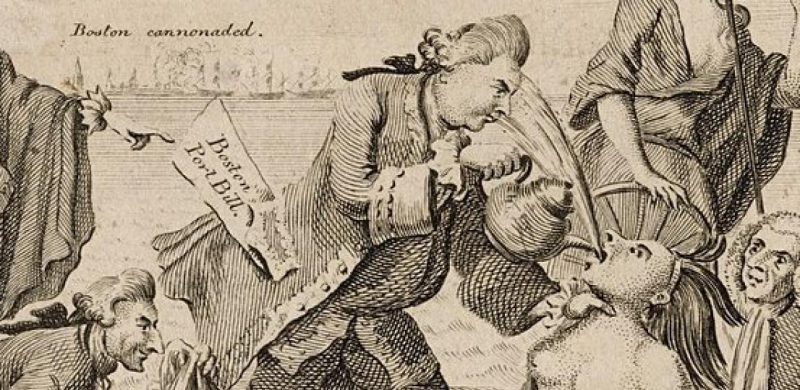
www.history.com Reading Through History-youtube.com -
In May 1775, the Second Continental Congress met, and most members supported John Dickinson in his efforts to reconcile with King George. A small minority of delegates led by John Adams, on the other hand, thought that war was unavoidable and that the best course of action was to keep silent and wait for the right moment to mobilize the people. As a result, Dickinson and his followers were free to pursue their path of reconciliation. The Second Continental Congress passed the Rejection of The Olive Branch Petition on July 5, 1775, and it was signed on July 8, 1775, as a final attempt to prevent war between Great Britain and the Thirteen Colonies in America.
56 delegates from 12 of the 13 colonies convened in Carpenters' Hall in Philadelphia, Pennsylvania, from September 5 to October 26, 1774, to discuss the Intolerable Acts. As a result of this, the First Continental Congress was established. Following significant deliberation, the colonies voted to boycott all British products beginning December 1, 1774, unless the Intolerable Acts were repealed by the British parliament. It was also decided that if their demand was not granted, after September 10, 1775, all shipments from the colonies to the United Kingdom would be halted. The First Continental Congress also addressed a petition to King George III, explaining the colonies' problems and requesting that the Intolerable Acts be repealed.
The colonies were still prepared to reconcile with Britain, according to the appeal to the King. However, it was ignored, and Massachusetts was declared a state of insurrection in February 1775. The American Revolutionary War officially began on April 19, 1775, with the Battles of Lexington and Concord. The Olive Branch Petition, which declared American patriotism to Great Britain and begged King George III to postpone further warfare, was one last attempt by the colonies to avoid war with Britain. Instead, King George III issued a Proclamation of Revolt, declaring the colonies to be "in rebellion" and Congress members to be traitors.
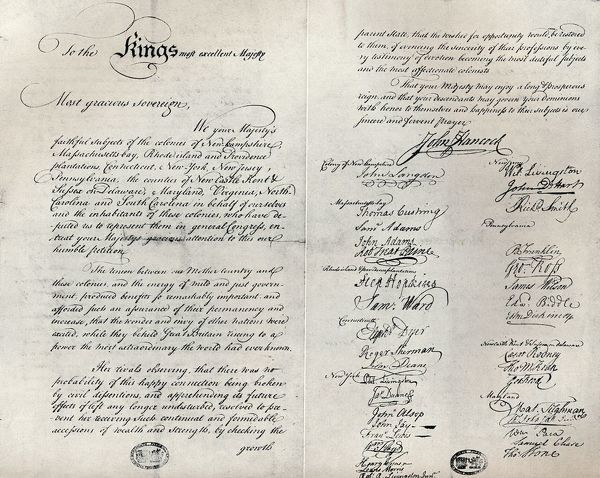
www.history.com Reading Through History-youtube.com -
The major causes of the American Revolution must mention The Sons of Liberty, was a loosely structured, secretive, and occasionally violent political group operating in the Thirteen American Colonies that was created to advance colonists' rights and combat British taxation. It was crucial in most colonies' fight against the Stamp Act of 1765. The Sons of Liberty were supposed to be a legitimate underground group with well-known members and leaders. More than likely, the moniker was a code word for any individuals who opposed increased Crown levies and legislation. Using the well-known label, organizers might send anonymous summons to a Liberty Tree, "Liberty Pole," or another public gathering spot. Furthermore, having a unified name made inter-Colonial initiatives against Parliament and the Crown's policies easier to propagate. "No taxation without representation" became their catchphrase.
Fear, force, intimidation, and violence, such as tar and feathering, were among the techniques utilized by the gang. They also kept weapons and gun powder on hand. By organizing rallies and intimidating British authorities, they contributed to the repeal of the Stamp Act in 1766. After the Stamp Act was repealed, the organization disintegrated., as its principal goal had been accomplished. During the years leading up to the American Revolution, however, the term was ascribed to numerous local separatist parties. The Townshend Acts, which were passed two years later, contributed to the group's resurrection.
The group's most notable contribution to the Revolution was staging the Boston Tea Party on December 16, 1773, which was one of the most important events leading up to the American Revolution. The Sons of Liberty remained active until 1783 when the Revolutionary War came to a close. Samuel Adams, Paul Revere, Patrick Henry, John Hancock, and Benjamin Rush are among the group's most notable members.
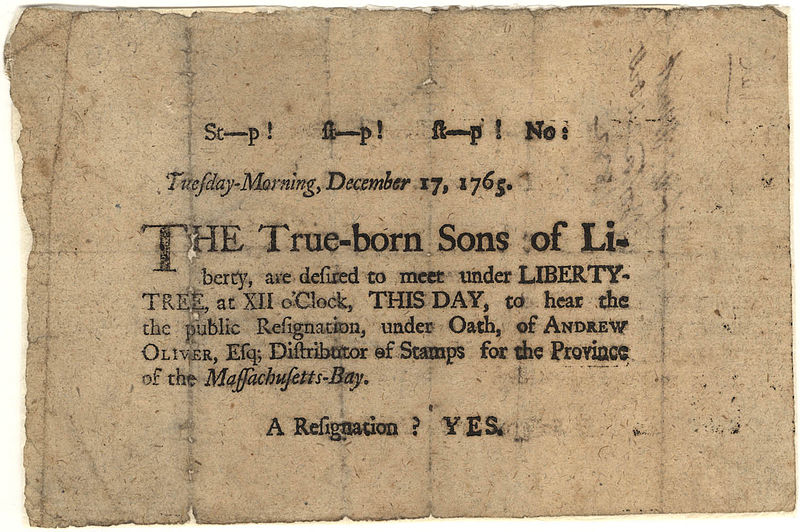
www.history.com The Daily Bellringer-youtube.com -
It is necessary to comprehend the nature of the conflict between the British colonies in America and Great Britain to comprehend the reason for the American Revolution. Unlike British colonies in Africa and Asia, the British and the white Americans who led the uprising against them had no concept of racial diversity. The Americans were not exploited subjects revolting against British oppression; rather, they were people seeking independence from the British government's meddling in their affairs.
Following Great Britain's victory in the French and Indian War, there was an explosion of political and intellectual unrest that gave rise to the American Revolution. Liberated from the threat of invading French and Indian armies, American colonists were urged to reject new British colonial policies that raised issues with power disparities, political rights, and personal liberty. John Adams and Mercy Otis Warren both claimed that British actions contributed to Americans' desire for independence and expanded individual liberties.
The colonies were generally self-governing in domestic issues, however, the British government had veto power over colonial laws. During the Revolutionary War, there were many contentious issues in Britain's American colonies, including the right to representation, political independence, the separation of church and state, nationalism, slavery, the closing of the Western frontier, increased taxes, commercial restrictions, the use of the military in civil unrest, individual freedoms, and judicial review. This gave people a sense of independence from the Crown over time. As a result, when the British government attempted to exert more control over the colonies, the colonies revolted against legislation that increased the sense of independence among the colonists.
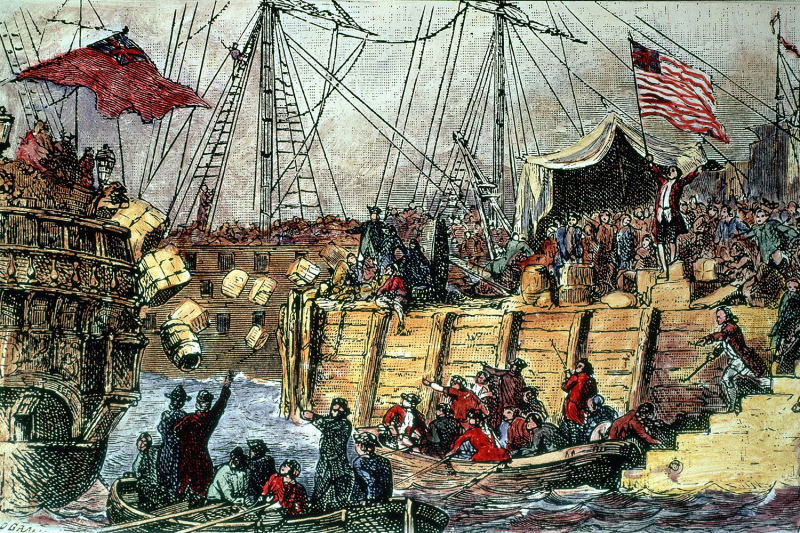
www.thoughtco.com 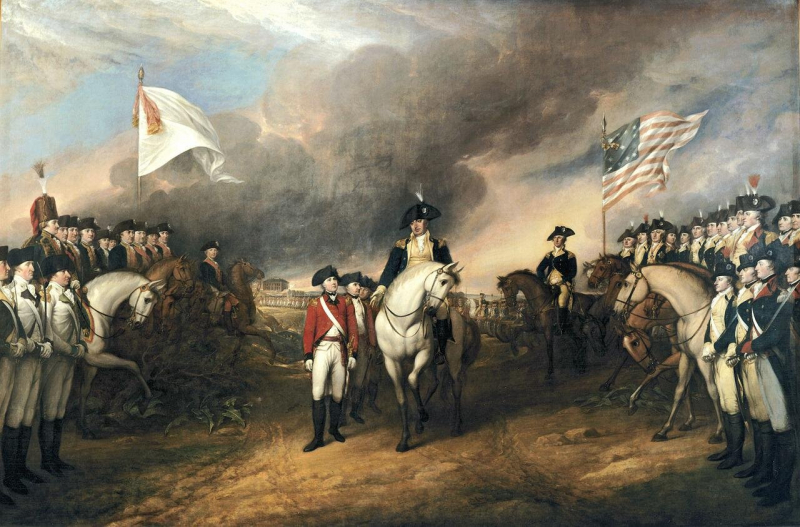
www.thoughtco.com












